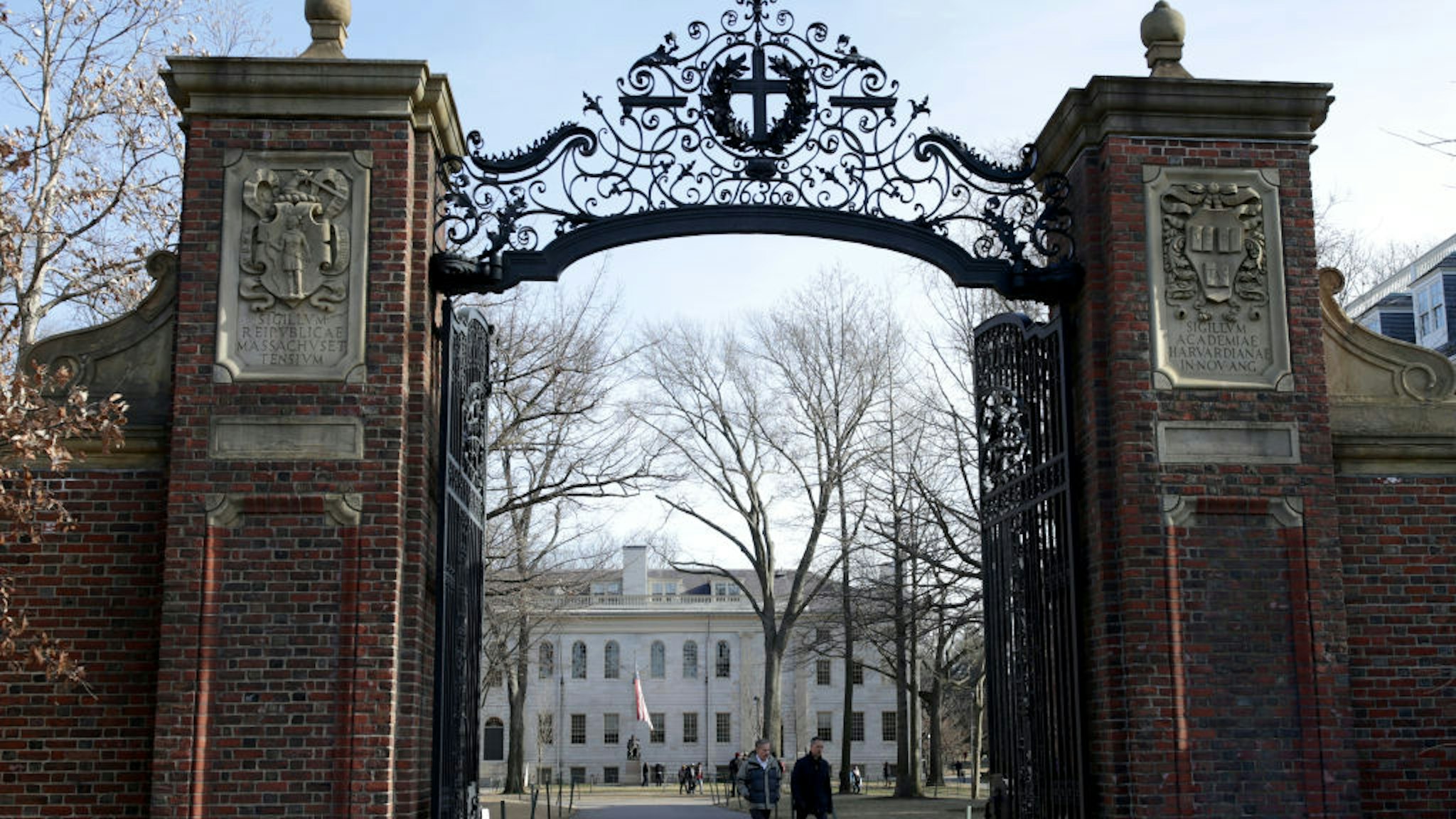Several 2020 Democratic presidential nomination contenders have announced plans to forgive $1.6 trillion in student loan debt. Sen. Bernie Sanders (I-VT) and his ideological comrades claim that student debt is an unbearable weight placed unnecessarily upon the shoulders of younger generations, thus shackling them with debt they are unable to repay.
The Left approaches each problem in our society with a one-size-fits-all solution. This solution is not to first identify the cause, but to instead throw money at the symptoms of the problem. By the time we discover that money wasn’t a solution, we’ll be arguing over proposed solutions to the next so-called social injustice on the radical Left’s radar.
Democrats see the $1.6 trillion as the entire problem. However, to claim that loan forgiveness is a solution to the problem beneath this debt is equivalent to presenting the victim of a gunshot wound with a tub of Vaseline. It might temporarily stop the bleeding, but it does nothing to combat the underlying issue.
The issue is that the Left continually fails to acknowledge that higher education is a service, and is therefore subject to the basic economic principle of supply and demand. As the educationally elitist Democrats push the concept of universal “free” higher education, the resulting rise in demand has two outcomes. The first is an increase in cost, and the second is a decrease in value.
The increase in cost is clear when we analyze college enrollment data. According to Forbes, based on the 2015-2016 academic year, the average cost across all four-year institutions came to $26,120 per year, compared to $6,725.50 in 1989 — $13,223 in today’s dollars, when adjusted for inflation. According to the National Center for Education Statistics, 59.6% of high school graduates enrolled in college in 1989, compared to 69.2% in 2015, according to the U.S. Department of Labor. While there has been a 40% increase in the number of four-year institutions between the 1990–1991 and 2015–2016 academic years, the new institutions are not uniformly distributed along the axis of college rankings.
The concomitant decrease in quality of graduate occurs for three reasons. The first is the result of differentiation, where the proportional increase in the number of bachelor degree graduates results in the reduction in value of a bachelor degree in the eyes of future employers. The second is the result of so-called “credentialism,” where higher-ranked institutions provide an advantage over lower-ranked colleges in the job market. Finally, there is the result of program differentiation, where those who graduate with a degree in computer science will often be a more attractive candidate than those who graduate with a degree in gender studies.
The common theme, in terms of the reduction in quality of median college graduate, is the perceived value placed upon the degree and institution by prospective employers. This should force Democrats to acknowledge that education is a service designed to prepare students to enter the workplace by providing them with marketable skills which will, in turn, increase their value in the eyes of future employers. With this in mind, the pursuit of education becomes an investment of time and effort, for which there is a measurable expectation of return. If the return does not justify the investment, then it is a bad investment. Knowingly making a bad investment is a bad life choice.
Student loans exist to provide equality of access to education, in order to ensure that no one is prevented from receiving a quality education based on their initial financial situation. However, equality of access should never be conflated with equality of outcome. If you make the decision to take out debt in order to receive your desired level of education, you should take responsibility for the outcome. Since we expect to reap the rewards of good decisions, it is not society’s responsibility to swallow the result of our bad decisions.
Yes, some will be able to afford to make frivolous educational choices due to greater financial freedom. But this so-called “unfairness” does not justify the demand that those who made good decisions foot the bill for those who made bad decisions.
The truth is simple. Only go to college if it’s worth the investment.

